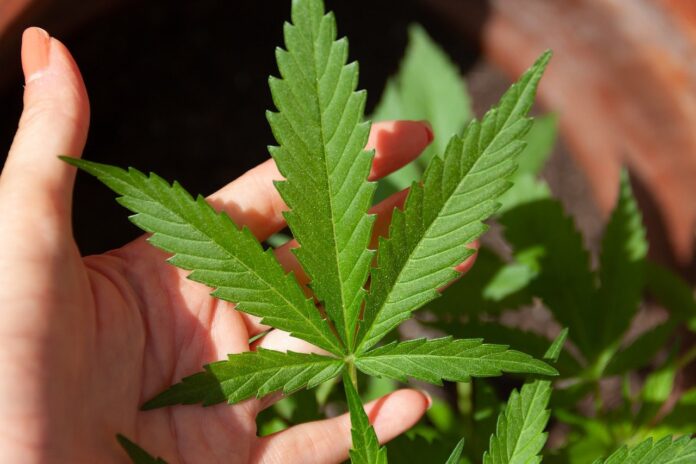As the deadline for the FSA’s Novel Foods Application begins to loom, manufacturers and retailers alike are anticipating a significant shift in the CBD industry.
What is the Novel Foods Application:
The Novel Foods Application is a trading requirement enforced by the Food Standards Agency, adapted from a European Union regulation. It states that manufacturers of various ‘novel foods’ are required to make a lengthy application in order to obtain approval to continue trading their products. This requirement applies to many different foodstuffs and health supplements sold throughout the UK. One of its biggest impacts has been on the rapidly developing CBD industry, whose application deadline of the 31st of March is fast approaching.
What is CBD:
Commercial CBD has been steadily growing in the UK, taking advantage of a recent clarification in the legal status of CBD itself. CBD is a cannabinoid, a compound derived from the Cannabis plant. It works by affecting the human endocannabinoid system; a series of naturally occurring receptors found throughout the body that help in the process of homeostasis.
So long as a CBD product contains less than 0.2% THC -a psychoactive cannabinoid that gives a person the ‘high’ found in conventional Cannabis products- then it is entirely legal to manufacture, sell and purchase in the UK.
Why does it matter:
The Novel Foods Application represents a landmark moment in the UK CBD industry. It establishes a barrier-of-entry that requires a manufacturer to show legitimacy, expertise and a proper understanding of their product in what has historically been a relatively under-regulated market. In order to successfully complete the application these manufacturers need to prove their understanding of the history of CBD use, show a deeper engagement with the science behind how CBD works and demonstrate a comprehension of the legal status of CBD in recent UK history.
The application also requires a large amount of data regarding a manufacturer’s CBD, including extremely specific data on chemical content. This has prompted an unprecedented wave of testing and data gathering in the CBD industry. In the three years since the deadline was first announced, many manufacturers have devoted huge quantities of resources to ensuring that their data is as accurate as possible.
CBD Isolate and CBD Distillate:
The earliest Novel Foods Application submissions came to the FSA in April of 2020. These were often the product of many months of data generation and testing. Despite these efforts, the majority of early applications were made only for the manufacturing and distribution of CBD isolate, one of the two forms of CBD widely used for commercial manufacture.
For those CBD brands who use these manufacturers as their primary source of CBD, these applications will only cover a small fraction of their product range. With an additional barrier specifying separate applications for CBD isolate and CBD distillate, as well as the difficult and lengthy nature of the application itself, it is possible that many CBD products will soon be disappearing from webstores and high street stockists across the UK.
Orange County CBD, a Liverpool based CBD manufacturer, has successfully submitted applications for both CBD distillate and CBD isolate in an attempt to ensure the continued sale of their entire range. According to the manufacturer the choice to make both of these applications came from a strong understanding of the specific CBD knowledge that was required, as well as a firm confidence in the quality of their CBD and their manufacturing processes.
A successful application for Orange County will leave them as one of the few remaining UK manufacturers able to distribute their entire product range from the 1st of April.







